The heart of loving kindness: my visit to Twala Trust Animal Sanctuary
On the ‘Big Walk’ to the dam with some of the Twala Trust residents
I am spending a few weeks in Harare, Zimbabwe, and as always when I’m here I am enjoying the most profound sense of homecoming. The familiar filter of sunlight through the trees, the warm reconnection with friends. And of course, the opportunity to spend time in the presence of our wonderful animals. One of the highlights of any stay here is a visit to Twala Trust, the animal sanctuary which all of you, who are paying subscribers, are directly helping to fund.
Each time I visit Twala I am struck by how so many different people and organisations come together on an ongoing basis to support the extraordinary work done by the whole Twala team. I feel humbled by how Sarah and her husband and vet Vinay, two ordinary people who established and lead Twala, have created an extraordinary place of sanctuary, which has gathered such momentum that it now radiates out to the wider community. And I always come away – as I feel most people do – with the recognition that the reason why people wish to play a part in the unfolding story of Twala is, very simply, because it is an organisation founded on loving kindness, a quality we all yearn for, something we can never have enough of, something we all wish to share.
I hope that a few glimpses from my visit this week will illustrate.
Twala is home to many animals, domestic and indigenous, including over 60 dogs. These are kept in different packs, the older and frailer dogs kept separate from the younger more boisterous ones, with each pack taken for daily walks through the bush to a nearby dam, where they are free to swim or just stand and enjoy being in the cool water.
This reason for this huge collection of canines is quite simple: if Twala didn’t provide a home for them, many would have been abandoned, starved to death or killed. In fact, some were brought to Twala because they were found abandoned, like the adorable, silky-coated pup Miriam who was found at the side of the road with a belly full of gravel: she had been so desperately hungry that she was reduced to eating dirt. One shudders to think for how long she existed in this pitiful state.
Miriam - bright and full of mischief at her Twala home
Every single one of the dogs is called by name, is valued, cherished and comes to display his or her unique personality. When my wife, Koala, and I were met by Sarah at the gate, accompanied by a gang of dogs, Sarah was soon introducing us to each of them and telling us what she knows of their stories.
In some cases, she dearly hopes to find a family home for those dogs who would thrive in such an environment. In the case of many, the dogs are simply too elderly, or have too many health problems, to realistically expect to rehome. But, as she says, “they don’t think of themselves as homeless.” They are, rather, part of a pack who get glorious walks through the bush, often twice a day, who are fed a healthy, balanced diet, who get the medical attention they need thanks to Vinay, and who also receive individual love, grooming and attention from Sarah and volunteers from around the world, who are drawn to this wonderful place.
It’s when loving kindness is not so much an aspiration as foundational that the magic happens. This was the case for seven year old Georgina who Sarah felt was unlikely to be rehomed, given her age. But when volunteers Melisse and Dave came from Alaska, Georgina somehow gravitated to be at their side. She’d even sleep under their bed at nights. What Buddhists would call a ‘karmic connection’ had been uncovered. And despite their previous determination not to adopt another pet, such was the power of love that they decided to take her home with them.
Zimbabwe to Alaska is quite a stretch, and the paperwork required was immense, but Georgina now has a very different lifestyle as a doted-on family member on the other side of the world. The power of love.
Georgina - from Zimbabwe to Alaska to be with her forever parents, Melisse and Dave
Not all of Twala’s residents are domestic. From her expansive stretch of bush, Kadiki, the magnificent lioness, keeps a watchful eye on the circadian rhythm. Kadiki was brought to Sarah in the back of a Toyota sedan aged four months. Her owners were already finding her too much. Discovered as an abandoned cub with her eyes shut, despite their best efforts, her adoptive human parents could not keep her long-term as keeping wildlife as pets is illegal in Zimbabwe, and is also potentially dangerous.
Sarah and Vinay weren’t sure what the best living arrangements for her would be. She couldn’t be returned to the wild, having had no lion family to learn from, and having had humans and our ways imprinted strongly on her consciousness. When she arrived, for example, she was delivered with a favourite blanket, and a ‘comfort blanket’ has remained a firm favourite of hers ever since.
Kadiki with her current comfort blanket - her favourite possession since she was a cub
But nor was she a domestic cat and as she got older and stronger this became problematic. She loved to play, rushing between Sarah’s legs and shaking her vigorously so that she fell to the floor, before pouncing on her – instinctive, lion-hunting strategy. After a while this ‘play’ became less playful. Sarah and Vinay realised she’d need to be given her own enclosure, albeit an expansive one. Sarah would continue to visit Kadiki inside the enclosure, until the day she did her shaking and pouncing manoeuvre once again, pinning Sarah onto the ground and only allowing herself to be coaxed off her human prey when someone threw a chunk of meat for her a distance away.
Kadiki got off and Sarah describes how it seemed, for a while, that in some way the lioness recognised that she’d crossed a boundary that wasn’t okay, overcome by an instinct which could have had disastrous consequences. Interestingly, I have heard this same idea before from others who work with wild animals who have found their way into the human world. As though there is a kind of recognition, on the part of both human and animal, that there has come a point where the two worlds can no longer coexist. Interestingly, cheetahs seem to be the only big cats able to straddle this divide.
Since that incident, Sarah hasn’t been inside the enclosure to visit Kadiki – but she sits by the fence to have breakfast, as well as in the mornings and afternoons. Kadiki slumps on the other side of the fence, sometimes purring. When I visited to meditate with her, I had the strongest feeling of peace and wellbeing coming from Kadiki, and she spent most of the time lying down with her tongue out which Sarah says is a sign of her being deeply relaxed.
The bond between the two is obvious. Despite her most unusual circumstances Kadiki is thriving – a testament to the compassion in action, the loving kindness of Sarah and Vinay who have gone to such extraordinary lengths to support her happiness.
Visiting Kadiki during the week - like other cats, she seems drawn to people when we are calm and relaxed
I have always been a big fan of parrots and African Greys are a special favourite. They are not only among the most intelligent of parrots they are also the best speakers. Twala has a large aviary which is home to several African Greys who were taken on when their owners left the country or passed away. One female African Grey, Poppy, came to Twala in a state of profound grief after losing her human. Like some other parrots mourning the deep loss of a loved one, she had pulled out all her chest feathers, as well as those around her shoulders. She was a pitiful, diminished sight.
Poppy - her chest feathers are starting to grow - as is her friendship with Jinky
Months later, her chest is still fairly bald, but there has been regrowth, and from having arrived completely mute, she has started, once again, to vocalise a little. She was sitting not far from a male African Grey Jinky when I stepped into the aviary. As I approached to say hello, the male parrot quickly sidled up to her. It was a possessive motion and she seemed quite receptive to him. Which made me happy for her. Love can take so many forms. Perhaps she will have a second chance at it – this time with a feathered companion instead of her previous human one.
I remember the last time I went to visit my precious vajra lama Geshe Acharya Thubten Loden. He said to me in that emphatic tone of his, “A Buddhist centre that does nothing for the poor is useless!” While you and I, dear reader, are not part of a physical centre, in a different way I feel that, through technology, we are nevertheless a community. Part of an online sangha who hold the same values and intentions. Wherever we may be in our journey to transcendence, and whatever our particular path, we share the same understanding that love - the wish for beings to be happy - and compassion – the wish for beings to be free from suffering - are fundamental to our evolution. And the wider we are able to extend the scope of our love and compassion, the better!
Sarah and Vinay are truly inspiring models of love and compassion. Not in a soppy, sentimental way, but as practitioners of compassion in action. Most of us aren’t able to lead exciting lives in the African bush, but in supporting them and the work they do, we are directly empowering love, compassion - and hope. We are part of global, virtual community supporting many beings.
I am reminded of another thing Geshe-la once said, not to me but to another student who went to seek his advice on meditation. The student asked Geshe Loden if he should undertake a retreat to see if he could attain ‘calm abiding’ – the most advanced state when a meditator is able to set his mind on a chosen object of meditation effortlessly for as long as he likes. Geshe la’s response was instructive: “Calm abiding” he said in his broken Tibetan English, “is much easy if you have merit. Best you collect merit first.”
His student asked, “How should I do that?”
“Learn to care for others,” the lama replied, “more than yourself.”
A noble objective. One that may feel completely unattainable. But Sarah and Vinay are doing it. From their modest bungalow on the grounds of Twala they labour night and day for the benefit of countless living beings, with little thought for themselves or their own wishes.
Very often in Buddhism some of us find ourselves drawn to mystical ideas, such as stories of great yogis being able to walk through walls, levitate in the air or undertake other such extraordinary feats. Our lamas always emphasise, however, that the greatest feat of all is to open our hearts. The great spiritual teachers across all traditions make this same point. At Twala Trust Animal Sanctuary, we find that this really is possible.
Your contribution as a paying subscriber funds the Doggy Tuesday initiative, about which Sarah keeps us regularly updated in her posts which I share. When I spoke to her again this week about how we can help, she said that continuing this expanding program is the very best thing we can do. She will be updating us again in the coming weeks. For now, I want to pass on my heartfelt thanks to each and every paying subscriber for your financial support which is changing the lives not only of many animals in the poorest communities in Africa, but also delivering love and compassion into the homes of their human carers. How fortunate we are to be helping touch the hearts and minds of an ever-widening circle of sentient beings!
About half the money you help me raise through your subscription goes to the following four charities. Feel free to click on the underlined links to read more about them:
Wild is Life - home to endangered wildlife and the Zimbabwe Elephant Nursery; Twala Trust Animal Sanctuary - supporting indigenous animals as well as pets in extremely disadvantaged communities; Dongyu Gyatsal Ling Nunnery - supporting Buddhist nuns from the Himalaya regions; Gaden Relief - supporting Buddhist communities in Mongolia, Tibet, Nepal and India.
If you’re fairly new to my Substack page and would like to explore further, you can read my previous posts under the Archive button here.


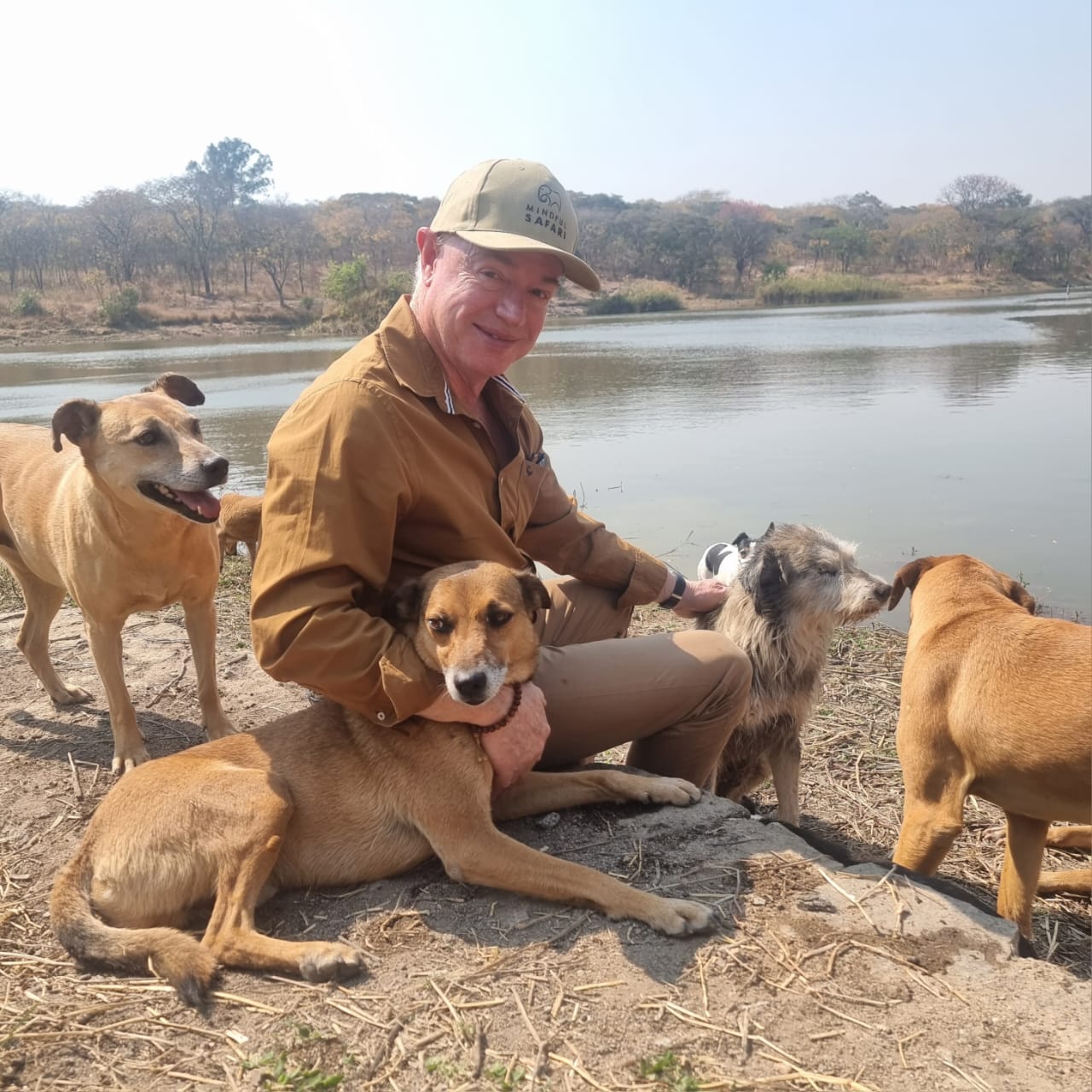
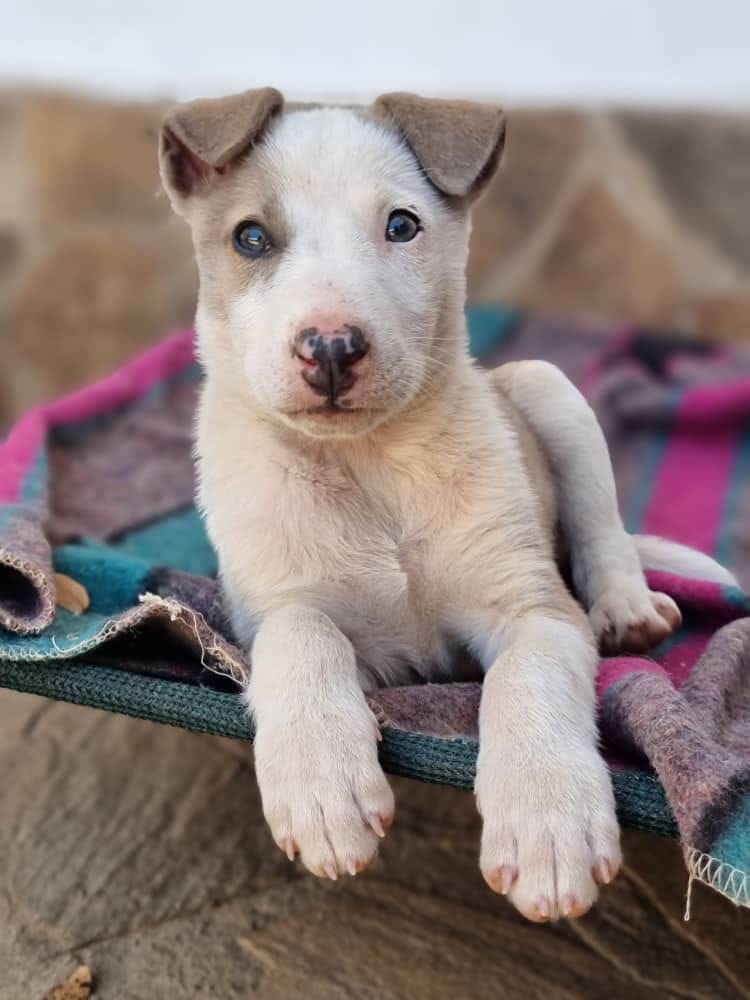
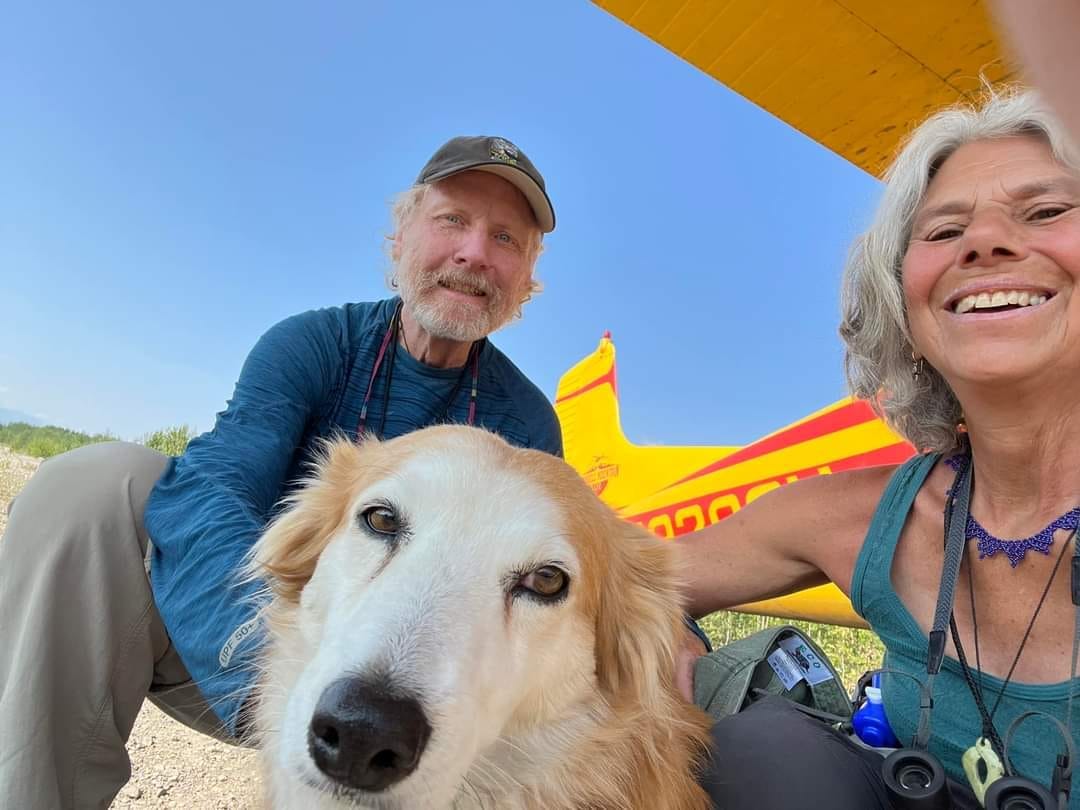
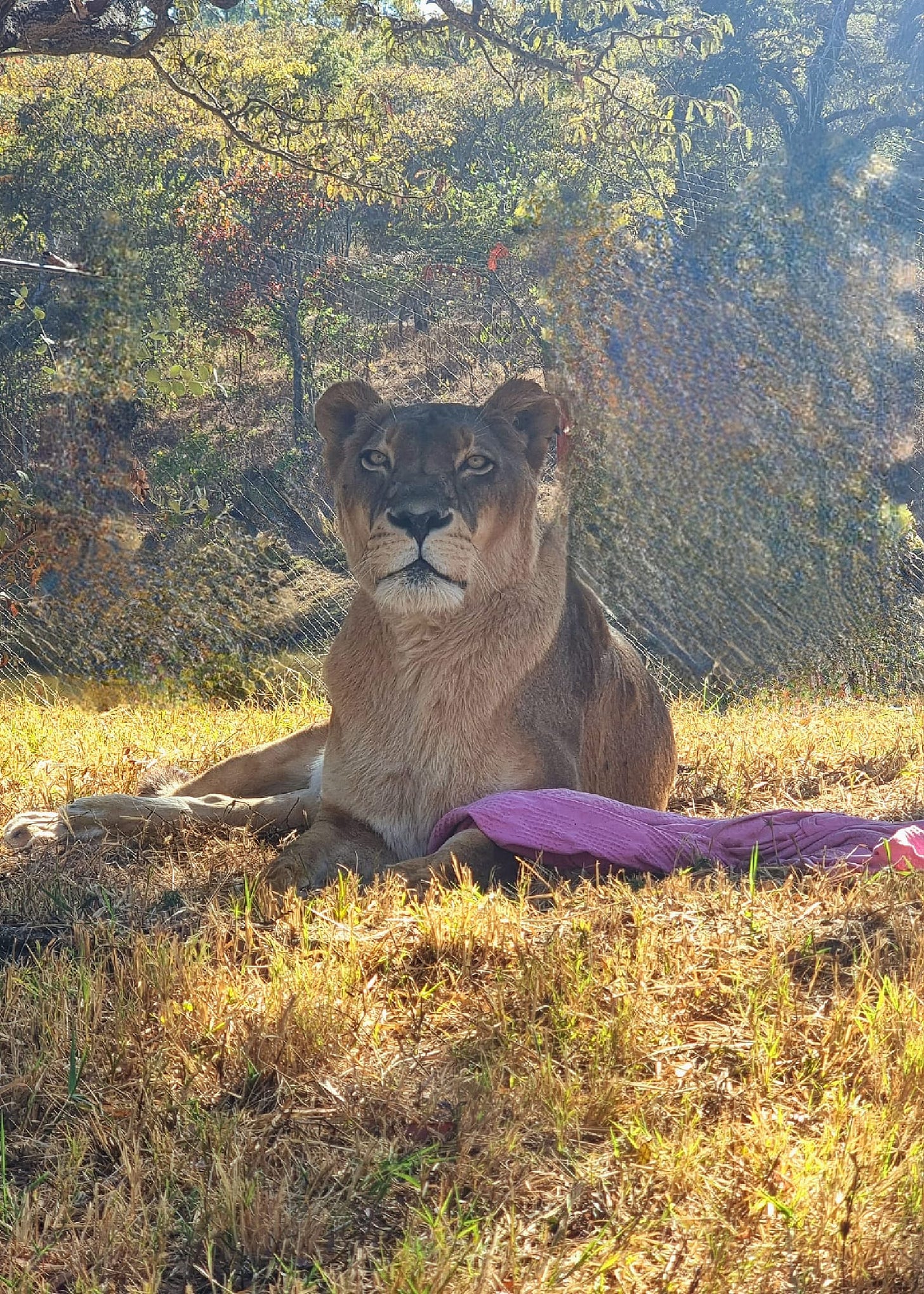
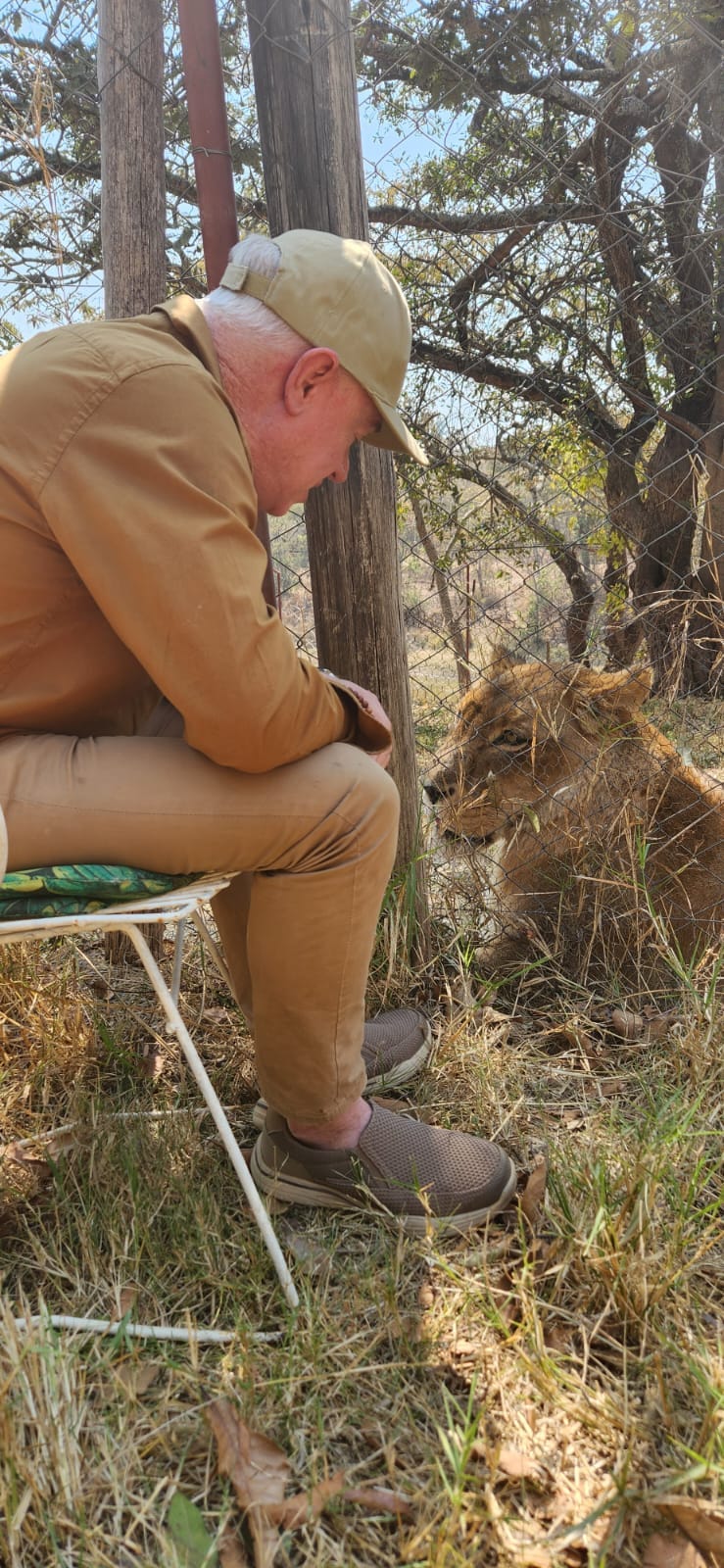
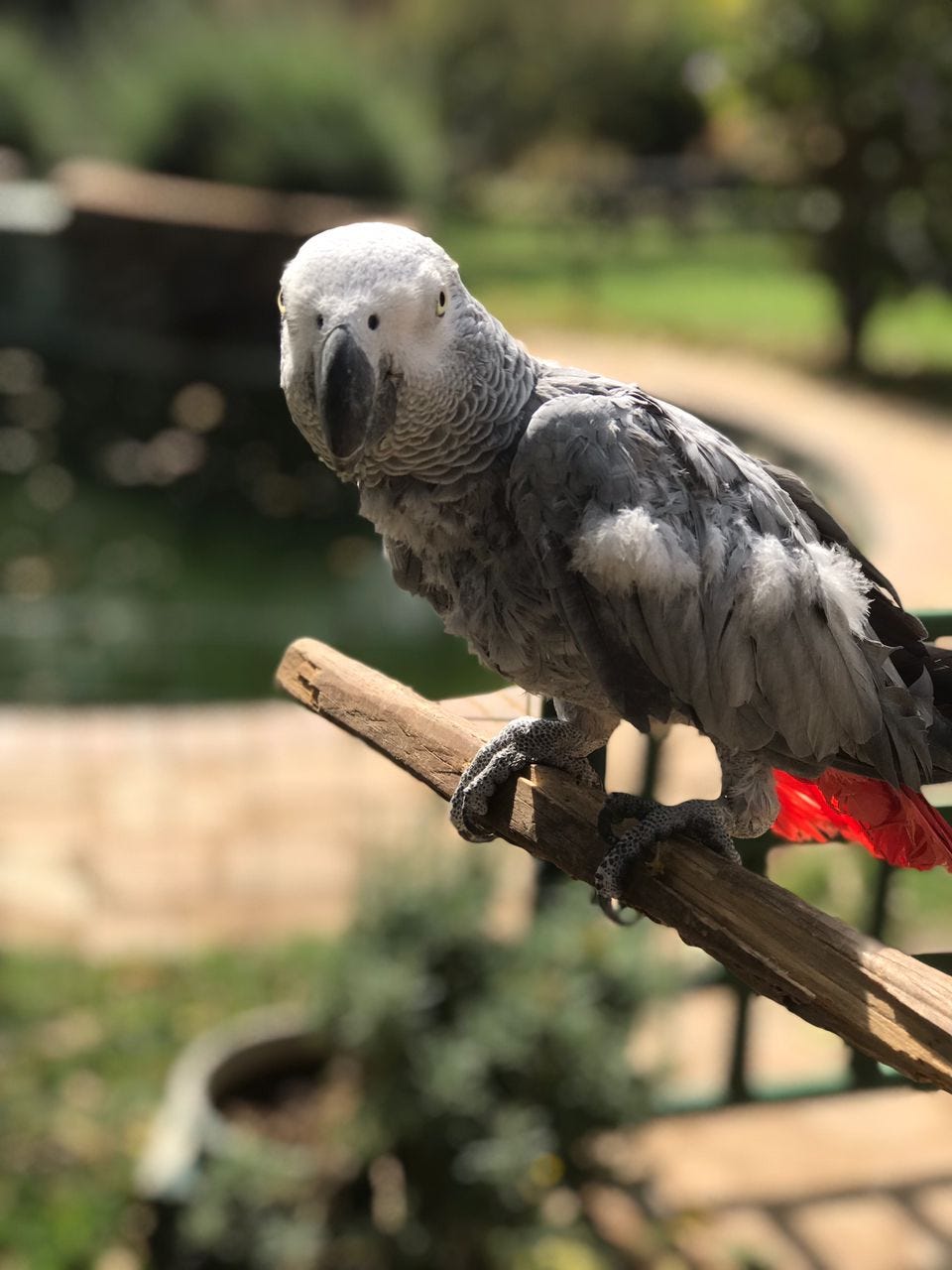
My heart swelled and my eyes stung reading this. How utterly beautiful.Thank you for helping us to be part of this, what a blessing.
Metta - Universal Loving Kindness - I loved your article - it goes straight to the heart. I enjoyed your photos of different dogs and have never owned one myself - always being a cat person. But since moving to this beautiful retirement centrer , at least half the residents have beautiful dogs and sometimes I find myself surrounded by 6 dogs and their owners. How wonderful they all are. anne sharpen